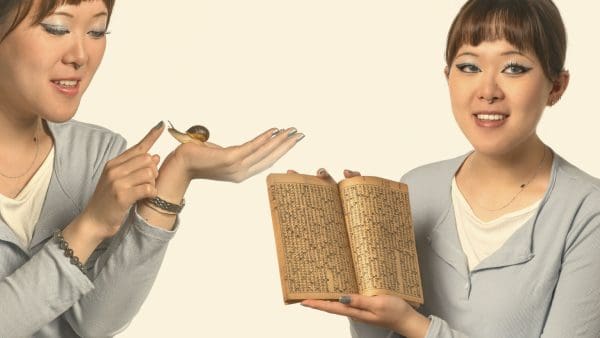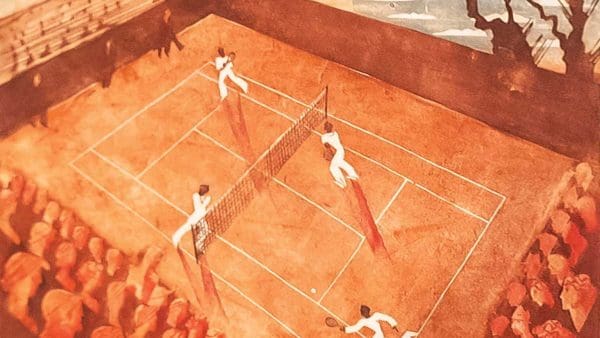Senior Writing Seminars major Alan Fang says he has been trying to write a novel since he was around 10. He describes the plot of an early effort as “a bunch of white 12-year-olds who have to save their town … kind of like [TV’s] Stranger Things.” But this was when the first-generation Chinese American was growing up in a homogenized New Jersey suburb. After immersing himself in the more culturally diverse landscape at Johns Hopkins and joining the university’s Inter-Asian Council, his literary aspirations have become more ambitious and focused. Now he aims to produce Asian American literature.

Fueled by a Woodrow Wilson Research Fellowship, which helped him travel to writing workshops across the country and conduct research in Hong Kong, the novel taking shape on his computer is an interconnected, intergenerational affair cutting across pivotal moments of Chinese history—the Cultural Revolution, the Tiananmen Square uprising, and the Hong Kong protests—to culminate in the near-present and a hardscrabble immigrant lodging house in New York’s Chinatown. His working title: Leave Into the Night.
“The characters are kind of taking a chance walking into the darkness hoping that they’ll emerge somewhere better,” says Fang. “I want to explore what it means to be exiled—to leave a city or a country—and return to it years or decades later. How do you survive between nationalities and cultures?”
In January, he traveled to Hong Kong where he met with writers’ groups and got firsthand exposure to a city riven with protest, which provided valuable insight for one of the characters in his story. While tensions had ratcheted down from the previous summer, he did see “police lining the streets with shields, guns, and cameras used to identify people.” Given his youth, the authorities viewed Fang with suspicion, and he was stopped and searched one morning just leaving his apartment. Drawing comparisons to New York City during the stop-and-frisk era, he says, “That didn’t affect me or my family. But now I can better understand how someone feels when you’re always afraid of being stopped by authorities.”
Fang hopes to have a draft version of Leave Into the Night finished this spring when, theoretically, he could start looking for publishers. But then he’s quite realistic about what it might take to get a first novel on store shelves, saying: “I might need to spend five years just polishing it.”




